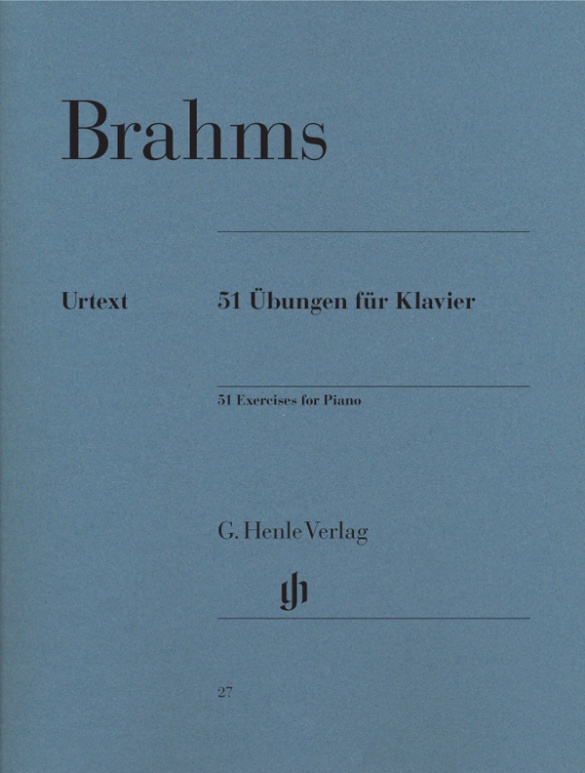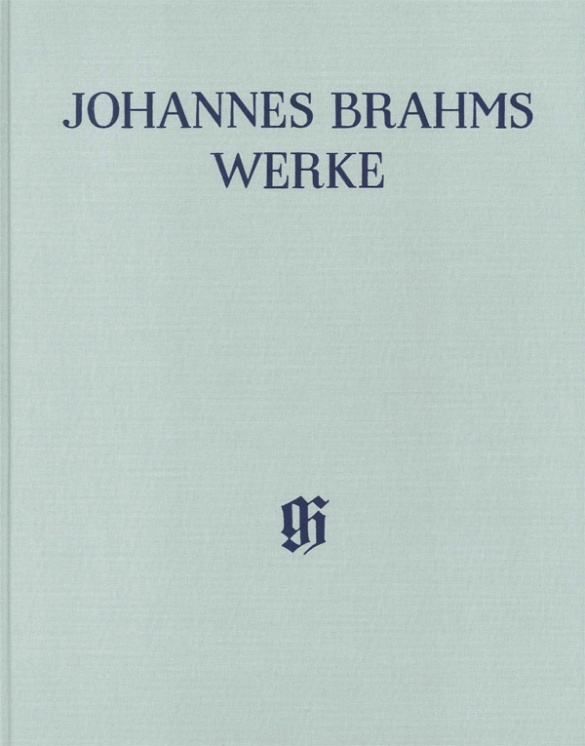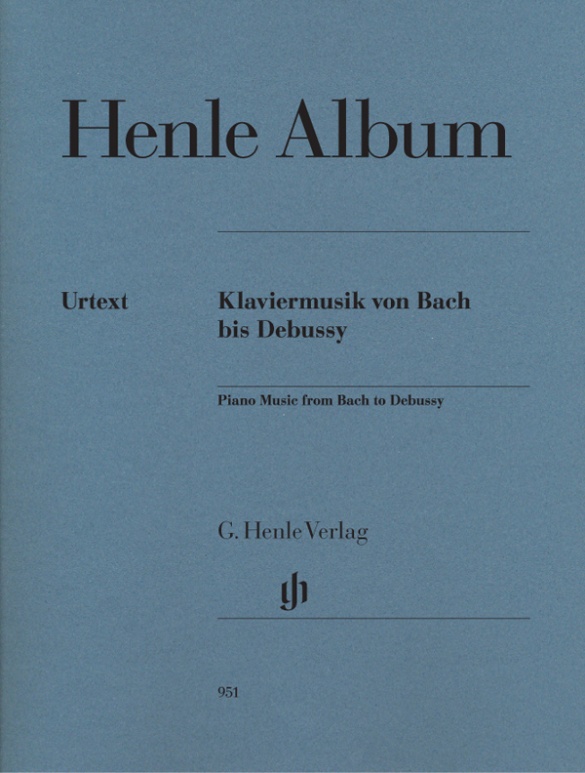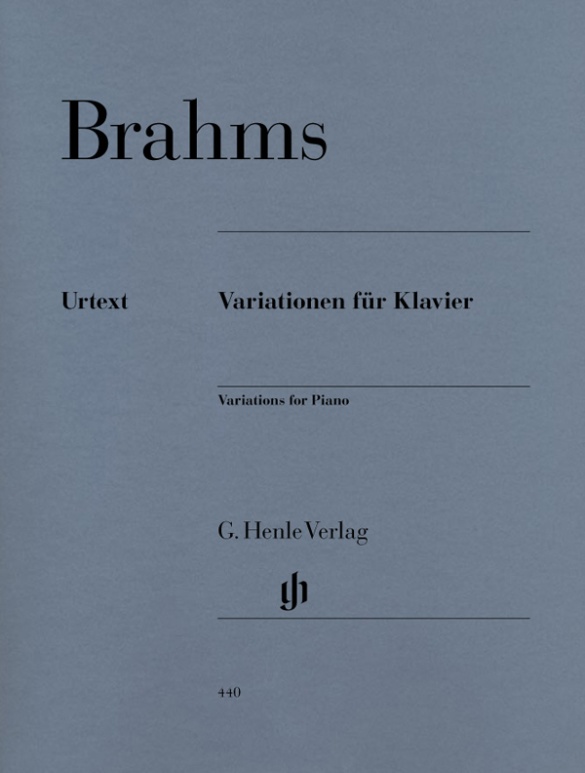

Johannes Brahms
Piano Variations
Content/Details
(Explanation)
About the Composer

Johannes Brahms
His significant output comprises chamber music, piano works, numerous choral compositions and songs (including settings of folk-song lyrics), as well as large-scale orchestral works in the 1870s and 1880s. His compositions are characterized by the process of developing variation. He is considered an antithesis to the New German School around Liszt, and an advocate of “absolute” music.
| 1833 | Born in Hamburg on May 7, the son of a musician. His first piano instruction with Willibald Cossel at age seven, then with Eduard Marxen; first public performances from 1843. |
| 1853 | Concert tour through German cities; he meets Schumann, who announces him as the next great composer in his essay “Neue Bahnen” (“New Paths”). A lifelong, intimate friendship develops with Clara Schumann. |
| 1854–57 | Piano Concerto No. 1 in D minor, Op. 15. |
| 1857–59 | Choir director, pianist, and teacher at the royal court in Detmold. |
| 1859–61 | Director of the Hamburg Women’s Choir. |
| 1860 | Manifesto against the New Germans around Liszt. |
| 1863 | Cantata “Rinaldo,” Op. 50. |
| 1863–64 | Director of the Wiener Singakademie. |
| 1868 | Partial performance in Vienna of “A German Requiem,” Op. 45 (the complete work premiered in Leipzig in 1869) |
| 1871–74 | Artistic director of the Gesellschaft der Musikfreunde (Society of Friends of Music) in Vienna. |
| 1873 | Haydn Variations, Op. 56a, for orchestra. |
| from 1877 | His symphonic output begins with the Symphony No. 1 in C minor, Op. 68 (begun 1862); composition of the Symphony No. 2 in D major, Op. 73; the Symphony No. 3 in F major, Op. 90 (1883); and Symphony No. 4 in E minor, Op. 98 (1884–85): cantabile themes, chamber-music-like style. |
| from 1878 | Travels in Italy. |
| 1878 | Violin Concerto in D major, Op. 77, for Joseph Joachim. |
| 1881 | Piano Concerto No. 2 in B-flat major, Op. 83, with a scherzo movement. |
| 1886 | Honorary president of Vienna’s Tonkünstlerverein (Association of Musicians). |
| 1897 | Four Serious Songs, Op. 121. Dies in Vienna on April 3. |
About the Authors
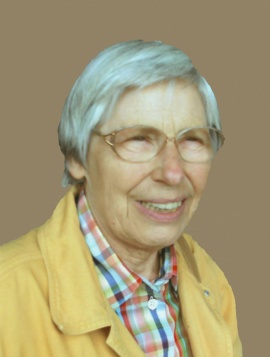
Sonja Gerlach (Editor)
Sonja Gerlach was born in Hannover in 1936. She did a secondary school teaching degree (Staatsexamen) in music and mathematics in Berlin. From 1965 to 1999 she was a research associate and editor at the Joseph Haydn-Institut in Cologne. In addition to her work as an editor and researcher she addressed questions concerning the chronology of Haydn’s symphonies. She is also very interested in problems of ascertaining authenticity of works in Haydn’s different genres.
In 2000 she retired and moved to Munich where she now lives.

Ernst Herttrich (Editor)
Dr. Ernst Herttrich, born in 1942 in Würzburg, read musicology, history, German and theology at the universities in Würzburg and Cologne. In 1970 he earned his doctorate in Würzburg with a study of the expression of melancholy in the music of Mozart.
From 1970 to 1990 he was an editor at G. Henle Publishers in Munich, after which he was Head of the Beethoven Complete Edition for over 15 years. In 1999 he took over as Head of the Beethoven-Haus Publishers, and from 2001 was made Head of the Beethoven-Archiv, the research centre at the Beethoven-Haus.
He has been a visiting professor at Meiji Gakuin University in Tokyo and has undertaken several lecture tours both there and to Kyoto. His research interests include source studies, editorial techniques and music history. Herttrich’s publications include “Beethoven. Liederkreis an die ferne Geliebte” (Bonn 1999) and “Ludwig van Beethoven. Biographie in Bildern” (Bonn, 2000). Herttrich has edited over 100 Urtext editions for G. Henle Publishers.
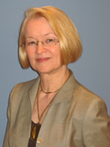
Margit L. McCorkle (Editor)
The musical career of Margit L. McCorkle, who was born in America but is Canadian by choice, began with the piano, fortepiano and harpsichord at the University of Maryland. After completing her doctorate in musicology, she married Donald M. McCorkle, Professor of Musicology at the University of British Columbia in Vancouver, Canada (whose research focus was the music bibliography of Johannes Brahms). Together they began work on a Brahms Catalogue of Works. Following Donald McCorkle’s death in 1978, Margit McCorkle carried on the project alone, which was published by G. Henle Publishers in 1984 as Brahms’ “Thematisch-Bibliographisches Werkverzeichnis”.
In the late 1980s McCorkle was commissioned to prepare the “Thematisch-Bibliographisches Werkverzeichnis” for Robert Schumann together with the Robert Schumann Research Centre in Düsseldorf; this catalogue was published in 2003 as part of the New Schumann Complete Edition (Akio Mayeda and Klaus Wolfgang Niemöller) by G. Henle Publishers and Schott Music. Over the past few years Margit McCorkle has increasingly engaged in doing translations of musicological texts, including ones for the Robert Schumann and the Carl Maria von Weber Complete Editions.
Product Safety Informations (GPSR)

G. Henle Verlag
Here you can find the information about the manufacturer of the product.G. Henle Verlag e.K.
Forstenrieder Allee 122
81476 München
Germany
info@henle.de
www.henle.com
recommendations
autogenerated_cross_selling
Further editions of this title


